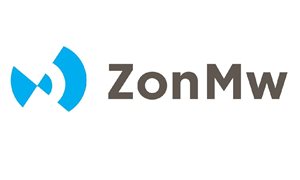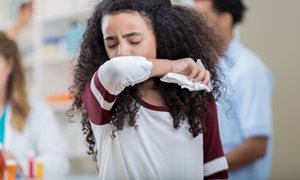
Several types of neoadjuvant treatment are available for rectal cancer patients, with variable effect on the tumour and its microenvironment. Immune cells are a significant part of this microenvironment and the specific prevalence varies according to the therapy administered. Some immune cells are more susceptible to radiation and others are more susceptible to chemotherapy.
Cristina Graham Martinez and her colleagues explored the impact of different therapies on immune cells. The research group, led by professor Iris Nagtegaal from the Pathology department, in collaboration with the Tumour Immunology and the Radiation Oncology department published these interesting results in Frontiers in Immunology, on September 27th.
A retrospective cohort was used and with the use of a multiplex panel of several immune markers, they were able to quantify the populations of immune cells. They found that patient groups which had been treated with radiotherapy had a more homogeneous response, whereas patients treated with chemotherapy had heterogeneous responses. Furthermore, they observed how particular immune cells were seemingly unaffected by therapy, while others increased or decreased their population. Knowing which immune cells proliferate or seem to be depleted when triggered by a certain therapy is of extreme interest in this field, as the rise of immunotherapies relies on a full understanding of the immune responses in patients.
Publication
Graham Martínez C, Barella Y, Kus Öztürk S, Ansems M, Gorris MAJ, van Vliet S, Marijnen CAM, Nagtegaal ID. The immune microenvironment landscape shows treatment-specific differences in rectal cancer patients. Front Immunol. 2022 Sep 27;13:1011498. doi: 10.3389/fimmu.2022.1011498. PMID: 36238289; PMCID: PMC9552175.
Related news items

Joint research in regional hospitals New research projects from promotion fund
22 November 2022Four research projects have been honored in the promotion fund of the Radboudumc and four regional hospitals. The research projects, which are a collaboration between CWZ, Jeroen Bosch Hospital, Rijnstate, Sint Maartenskliniek and the Radboudumc will receive a contribution of 240,000 euros.
read more
Trained immunity’s role in kidney disease
17 November 2022Researcher(s) Jordi Ochando of the Icahn School of Medicine at Mount Sinai in New York and Raphaël Duivenvoorden of the Department of Nephrology at Radboudumc explain how trained immunity can have detrimental effects in kidney disease and transplantation.
read more



